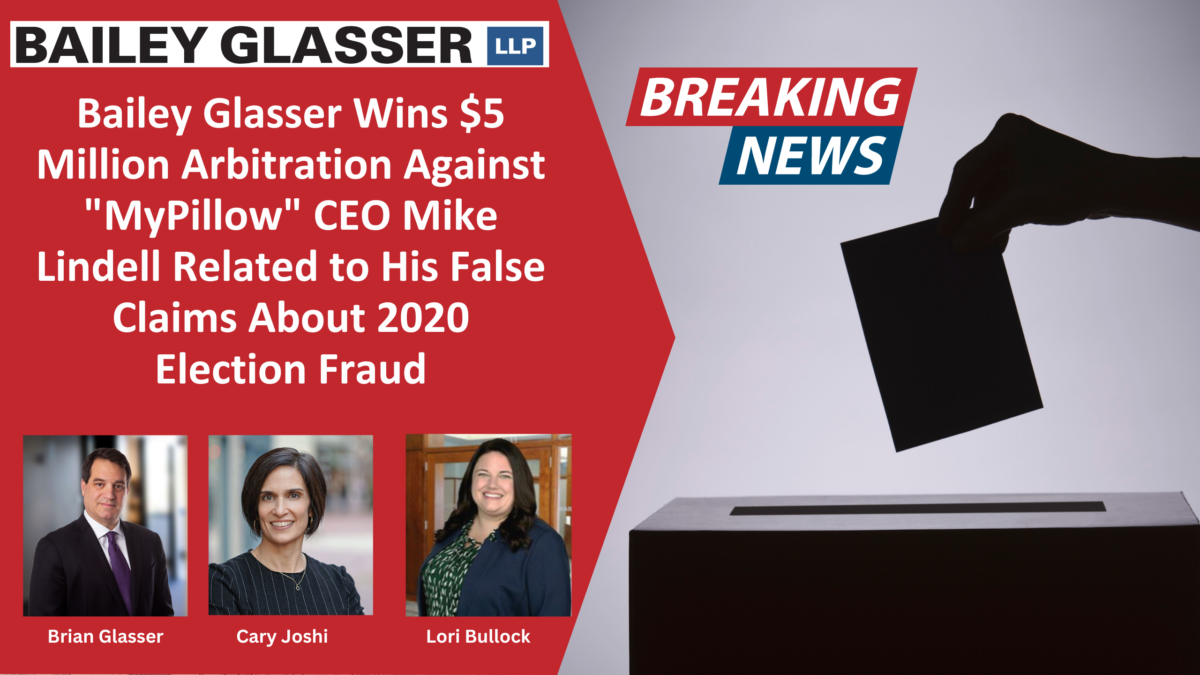Our lawsuit on behalf of a sexually abused child by a teacher she trusted and a school system and administrator who should have protected her, is gaining national attention – most recently by the NY Post, Fox News, as well as Dan Abrams’ Law & Crime platform. Partner Mary Pat Statler told the NY Post: “This case is a parent’s worst nightmare. To learn that your child was groomed and sexually abused by a teacher is beyond awful. It’s made even more terrible knowing that the administrator at the time of the abuse was in a position to stop the abuse or prevent future instances of abuse and instead turned a blind eye.”
To read more about how we are looking to protect our client and others like her please visit:



